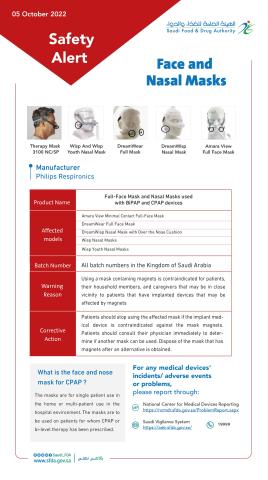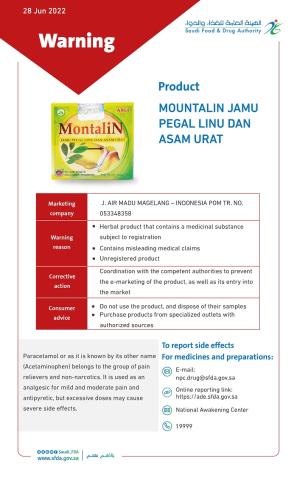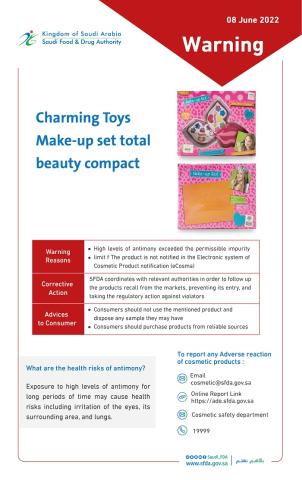The U.S. equivalent of the Saudi Food and Drug Authority (SFDA) now requires significantly stronger warnings in the prescribing information for the erythrocyte stimulating agents (ESAs). The ESAs are used in to increase red blood cell production in patients with end stage renal disease and cancer patients. The ESA products approved for sale in Saudi Arabia are Aranesp, Eprex, and Recormon.
The new black box warning for the ESAs now states that these agents shortened overall survival and/or time-to-tumor progression in clinical trials in patients with breast, non-small cell lung, head and neck , lymphoid and cervical cancers, when dosed to target hemoglobin level of greater than or equal to 120 g/L.
The full text of the black box warning as it appears in the products sold in the U.S. is as follows:
|
WARNINGS: INCREASED MORTALITY, SERIOUS CARDIOVASCULAR and THROMBOEMBOLIC EVENTS, and TUMOR PROGRESSION Renal failure: Patients experienced greater risks for death and serious cardiovascular events when administered erythropoiesis-stimulating agents (ESAs) to target higher versus lower hemoglobin levels (13.5 vs. 11.3 g/dL; 14 vs. 10 g/dL) in two clinical studies. Individualize dosing to achieve and maintain hemoglobin levels within the range of 10 to 12 g/dL. Cancer: • ESAs shortened overall survival and/or time-to-tumor progression in clinical studies in patients with breast, non-small cell lung, head and neck, lymphoid, and cervical cancers when dosed to target a hemoglobin of ≥ 12 g/dL. • The risks of shortened survival and tumor progression have not been excluded when ESAs are dosed to target a hemoglobin of < 12 g/dL. • To minimize these risks, as well as the risk of serious cardio- and thrombovascular events, use the lowest dose needed to avoid red blood cell transfusions. • Use only for treatment of anemia due to concomitant myelosuppressive chemotherapy. • Discontinue following the completion of a chemotherapy course. |
In late 2006, two studies were published in the same issue of the New England Journal of Medicine that suggested patients treated with ESAs to a higher target hemoglobin level were at a greater risk of cardiovascular adverse events with no effect on quality of life. A subsequent randomized clinical trial in critically ill patients confirmed an increased risk of thrombotic events with use of ESAs.
A recent meta-analysis concluded that ESA use to patients with cancer is associated with increased risks of thromboembolic events (VTE) and mortality and raised concern about the safety of ESA administration to patients with cancer.
ACTIONS THAT HEALTHCARE PROFESSIONALS SHOULD FOLLOW:
- Patients should be made aware by pharmacists and physicians that there is no evidence that ESAs improve quality of life.
- Patients should be made aware by pharmacists and physicians the ESAs increase mortality and shorten survival in patients with some types of cancer.
- Pharmacists and physicians should be aware that not only do the ESAs not improve quality of life but high hemoglobin target levels are associated with an increased risk of adverse cardiovascular events.
- Pharmacists and physicians should consider that the ESAs not be used in patients with any type of cancer.
REPORT ADVERSE DRUG REACTIONS TO THE SFDA:
The public and health professionals are encouraged to report adverse drug reactions the National Pharmacovigilance Center on the Internet at:
.



